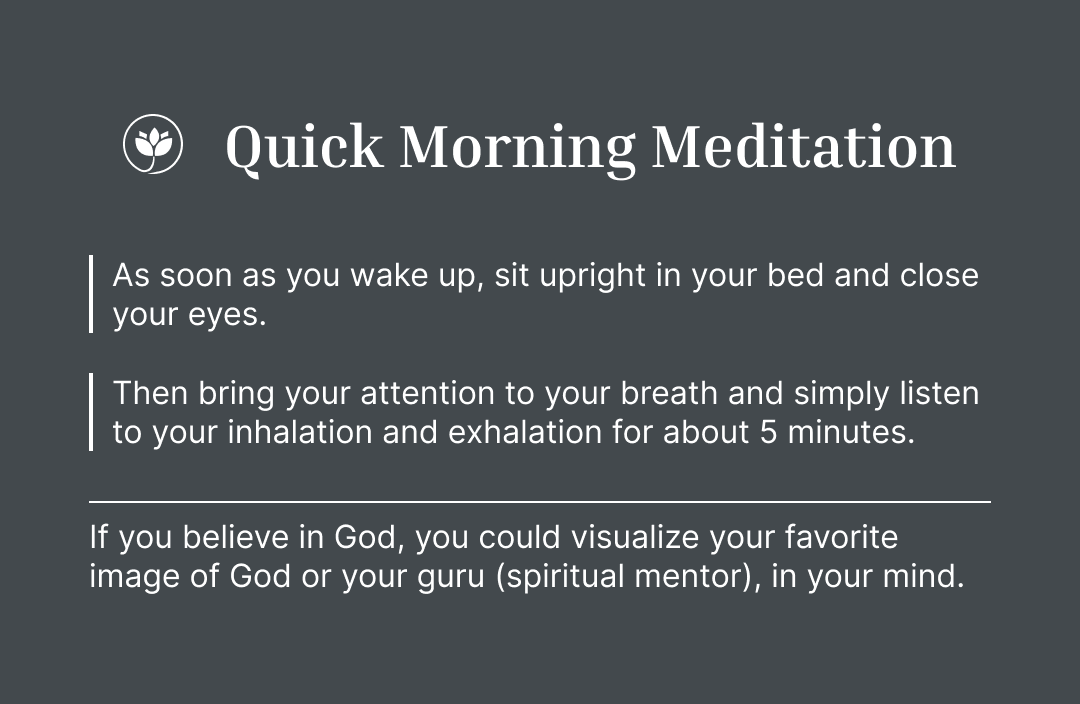In today’s fast-paced world, meditation has become a popular tool for stress relief and mental clarity. But one of the most common questions people ask is, “How long should you meditate every day?” This article explores the optimal duration for meditation, considering different experience levels, goals, and personal preferences.
Understanding the Basics of Meditation Duration
Meditation is a deeply personal practice, and there’s no universal answer to how long you should meditate each day. The ideal duration depends on your individual needs, goals, and lifestyle. For beginners, starting with short sessions can be beneficial, while more experienced practitioners may find longer sessions more rewarding.
Starting Small: Benefits of Short Sessions
For those new to meditation, starting with short sessions of 5-10 minutes can be an excellent way to build a consistent practice. These brief moments of mindfulness can significantly reduce stress and enhance mental health. Even a few minutes of meditation can set a positive tone for the rest of the day.
Research suggests that even 10-13 minutes of meditation can improve brain function, attention span, and mental clarity. This makes short sessions a great option for busy individuals who want to incorporate mindfulness into their daily routine.
Gradually Increasing Your Meditation Time
As you become more comfortable with meditation, you may find that extending your sessions can provide deeper benefits. Gradually increasing the duration of your practice allows you to delve deeper into your mind and explore the wide array of benefits meditation offers.
Longer sessions can facilitate enhanced recovery from stress, boost creativity, and improve memory retention. They offer a sanctuary where you can reach profound states of tranquility and even manage physical discomforts like back pain.
The Science Behind Meditation Timing
Scientific research supports the benefits of meditation, showing that the timing of your sessions can unlock specific advantages. Studies have found that regular meditation, regardless of session length, can improve sleep, boost the immune system, and enhance emotional well-being.
Shorter meditations can sharpen your brain and enhance mental clarity, while longer periods can kindle emotional well-being by melting away stress and deepening empathy. Regular sessions of 30 minutes or more can lead to significant changes in brain structure, fostering a landscape where emotions are regulated with grace and understanding.
Consistency vs. Session Length
While session length is important, consistency is the key to reaping the full benefits of meditation. Regular meditation, whether it’s shorter sessions or longer ones, is the true catalyst for greater mental well-being and mindfulness.
The goal is to integrate meditation into your daily routine as an indispensable aspect, as vital as your morning coffee. By making meditation a habit, you can create a sacred space for nurturing the seeds of serenity and clarity.
Finding the Right Time to Meditate
The best time to meditate varies for each individual. Morning meditation can equip you with a serene outlook and enhanced focus for the day ahead, while evening sessions can serve as a gentle transition from the day’s activities to the restorative embrace of the night.
Throughout the day, brief meditation breaks can be the perfect antidote to stress and a way to sustain your focus and tranquility. These moments can act as a reset button, realigning your mind with the present moment and infusing your day with a continuous thread of mindfulness.
Types of Meditation and Their Time Frames

Meditation is a mosaic of practices, each with its unique rhythm and recommended time frames. Mindfulness meditation, for example, is adaptable to your time constraints and can be practiced for around 20 minutes a day. Transcendental meditation (TM) recommends 20 minutes twice a day, while Metta meditation can be practiced in shorter periods of 10-15 minutes.
Each type of meditation offers unique benefits, and finding the one that suits you best can foster a deeper connection with the practice and enable you to reap the full range of its benefits.
Advancing Your Meditation Experience
For those who have been on the meditation path for some time, the journey doesn’t end at the basics. Advancing your meditation experience involves diving deeper into the practice, exploring the nuances of your inner landscape, and ensuring you’re not overstepping into the realm of over-meditation.
Joining retreats and workshops can be a transformative experience, offering a structured space where you can deepen your practice, learn new techniques, and connect with a community of like-minded individuals.
Frequently Asked Questions
How Long Should I Meditate as a Beginner?
As a beginner, start with just 5 to 10 minutes of meditation per day to establish a comfortable routine without feeling overwhelmed. These short sessions can still reduce stress and improve mental health.
Can I Experience Benefits from Short Meditation Sessions?
Yes, even short meditation sessions as little as 10-13 minutes can improve brain function, attention span, and mental clarity. Give it a try!
Is It Better to Meditate for Longer Periods Or to Keep It Consistent?
Consistency is key when it comes to meditation, as regular daily practice, even with shorter sessions, has been shown to have a greater impact on well-being than the specific duration of each session. So, it’s better to keep it consistent.
What Type of Meditation Is Best for a Busy Schedule?
For a busy schedule, Mindfulness Meditation and Metta Meditation are great options since they can be practiced in as little as 5 minutes and are adaptable to your time constraints. Give them a try and see how they fit into your day!
How Can I Advance My Meditation Practice Beyond Basic Techniques?
Consider gradually increasing your meditation time, exploring different meditation styles, and joining retreats or workshops for more structured and intensive practice to advance your meditation practice. It can be a great way to deepen your practice and explore new techniques.
Conclusion

Meditation is a personal journey, and the ideal duration for your practice depends on your individual needs, goals, and lifestyle. Whether you’re just beginning or seeking to deepen your meditation sessions, remember that the path to balanced well-being is as unique as you are. Embrace the journey, be gentle with yourself, and let your meditation practice be a source of peace and clarity in your life.
Author: [Nama Lengkap]
Title/Role: [Jabatan atau keahlian]
Credentials: [Ringkasan kualifikasi atau pengalaman terkait]
Profile Link: [Link profil, opsional]
Sources:
1. [Source 1: Trusted website about meditation]
2. [Source 2: Research study on meditation benefits]
3. [Source 3: Expert opinion on meditation duration]
Internal Links:
1. [Link to related article on meditation techniques]
2. [Link to guide on starting a meditation practice]
3. [Link to resources for advanced meditation]
Call to Action:
Stay updated with the latest news and insights on meditation and well-being. Explore our articles and resources to enhance your practice and achieve a balanced lifestyle.
URL Slug: how-long-should-you-meditate-every-day
Image Optimization:


Schema Markup:
{
"@context": "https://schema.org",
"@type": "Article",
"headline": "How Long Should You Meditate Every Day? The Ultimate Guide to Finding Your Perfect Session",
"description": "Discover the optimal duration for meditation based on your experience level, goals, and lifestyle.",
"author": {
"@type": "Person",
"name": "[Nama Lengkap]"
},
"publisher": {
"@type": "Organization",
"name": "[Nama Situs]",
"logo": {
"@type": "ImageObject",
"url": "[Link Logo]"
}
},
"datePublished": "2024-09-02"
}
Featured Snippet Optimization:
Meditation duration varies for each individual. Beginners can start with 5-10 minutes, while more experienced practitioners may benefit from longer sessions. Consistency is key, and regular meditation can enhance mental clarity, emotional well-being, and physical health.
CTR Optimization:
“Find out how long you should meditate every day to achieve maximum benefits.”
Dwell Time:
Start with a hook that grabs attention and provide insightful information to keep readers engaged.
Bounce Rate Reduction:
Ensure the article has a logical flow and an engaging opening to encourage readers to continue reading.
Reader Engagement:
Ask readers to share their experiences and insights on meditation duration in the comments section.
Update Plan:
This evergreen content can be updated every 6-12 months to include new research and insights on meditation practices.
Consistency:
Maintain a consistent tone and style throughout the article to build trust and credibility with readers.
Originality:
Ensure the article is 100% original, free of plagiarism, and meets Google’s Helpful Content and AI detection standards.











More Stories
What Is Yodo Para Tiroides and How Does It Affect Thyroid Health?
How to Claim Your Joy in League of Legends: A Step-by-Step Guide
What is WSET? A Comprehensive Guide to Wine Education